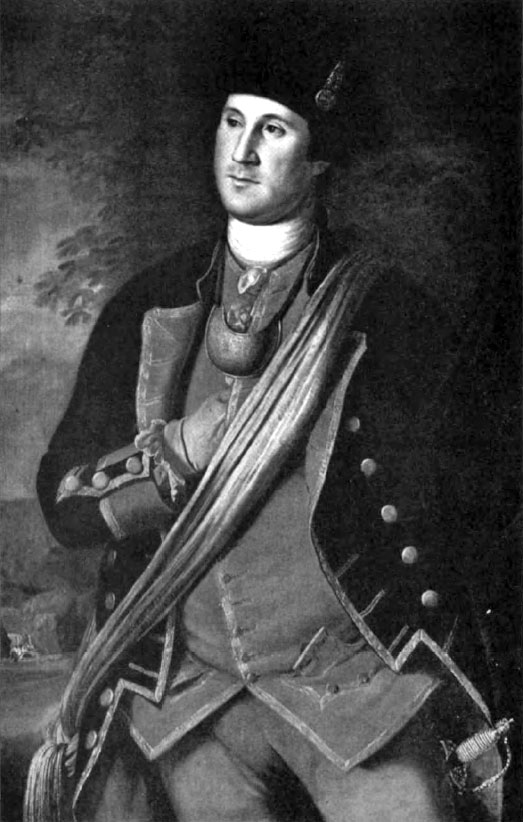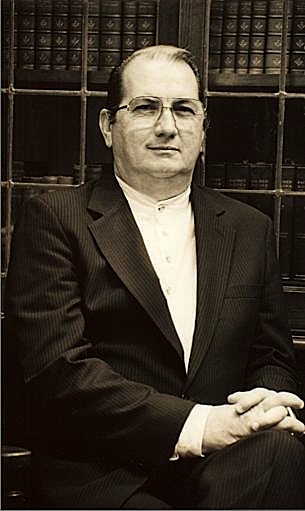The Scrutator in chief digests these answers into a proper statement, which he sends to the Dean. The Provincial receives it from the Dean, and is thus enabled to form his judgement, whether that particular adept be a moral, disinterested, beneficent man, and free from all prejudice; whether he can be useful to the Order, and in what way he can be best employed.—From the result of such observations, the scrutinizing Epopt will carefully select rules and general maxims on the knowledge of mankind. He will make a compilation of them, and transmit them to the Superiors. 11
“By means,” says the Code, “of these and such like observations, the Order will be enabled to make discoveries of every kind, to form new systems, and to give on all subjects irrefragable proofs of its labours and its immense fund of science; and the public will give it credit for being in possession of all human knowledge. 12
Lest any of the prophane should partake of this honour, or that any one of the members should not direct these sciences toward the object of Illuminism, precautions are taken in the Code to assure the exclusive advantage of these labours to the Sect. “Particular parts of these sciences and discoveries may be printed by permission of the Superiors; but the law adds, not only these books shall not be communicated to any of the prophane, but as they will never be printed elsewhere than at the presses of the Sect, they will only be entrusted to the Brethren according to the rank they hold in the Order.” 13
“That our worthy co-operators may not be divested of the glory of their labours, every new principle laid down, machine invented, or discovery made, shall for ever bear the name of its inventor, that his memory may be revered by future ages.” 14
p. 537
“On the same grounds it is strictly enjoined, that no member shall ever communicate to the prophane any discovery that he may have made in the Order—No book treating of these discoveries shall be printed without the permission of the Superiors; and hence arises the general regulation, that no Brother shall publish any of his productions without leave of the Provincial. He also is to decide whether the work is of a nature to be printed by the secret presses of the Order, and what particular Brethren may be allowed the perusal of it—Should it be necessary to dismiss any of the Brethren from the Order, the local Superior is to receive notice that he may have the necessary time to withdraw from him not only the manuscripts, but even the printed works of the Order.” 15
The Illuminizing Legislator, in justification of all these precautions, alleges, in the first place, the undeniable right vested in the Order to all the labours of its Brethren; then the lure of secrecy, which stimulates curiosity and the thirst of science; finally, the advantage accruing to the sciences themselves, by being preserved among men who only impart them to others so prepared as to render them of the greatest possible utility—Beside, says he, every man has it in his power to make himself an Illuminee if he pleases, and to partake of their science; and who better able to render them useful to mankind, or to preserve them, than we are? After this justification, which the reader may appreciate, he returns to his Epopts, and tells them, that it is incumbent on them to direct and turn all the sciences toward the views of Illuminism. “The wants of every country are to be maturely considered, as well as those of your district; let them be the objects of deliberation in your Synods; and ask instructions of your Superiors.” Then the Legislator makes a sudden transition, and expands his views far beyond his Lodges. The reader will scarcely suspect whither they tend. Let him read, and learn the grand object of the Epopts, what conquests they are to make for the Order, and whither they are to extend the systems of Illuminism. “You will,” abruptly exclaims the legislator, “incessantly form new plans, and try every means, in your respective provinces, to seize upon the public education, the ecclesiastical government, the chairs of literature, and the pulpit.” 16—This is one of the grand objects of the Sect; and we shall see the Code treating of it again in another part.

Moe is the founder of GnosticWarrior.com. He is a father, husband, author, martial arts black belt, and an expert in Gnosticism, the occult, and esotericism.





